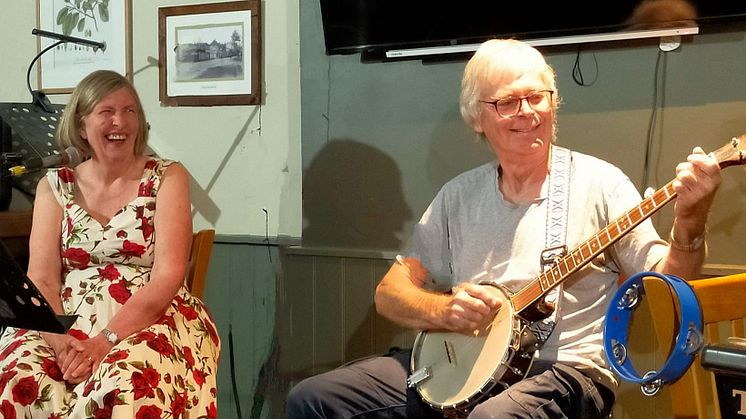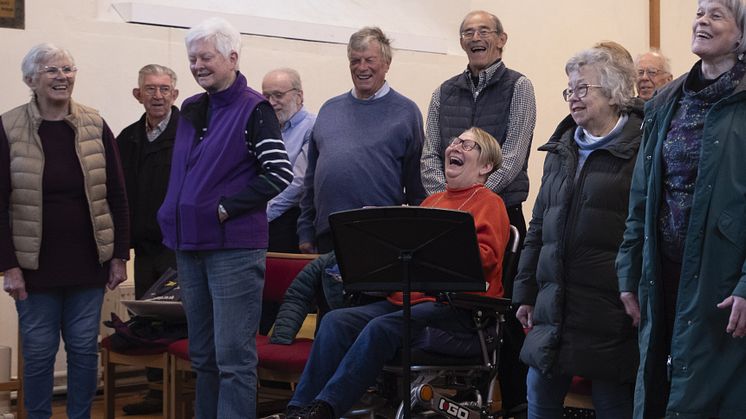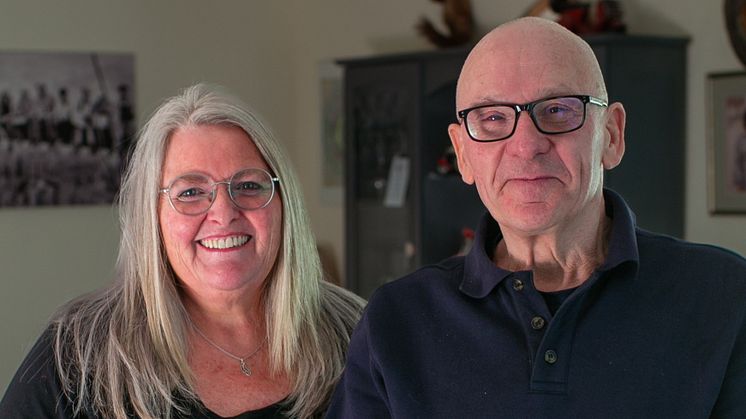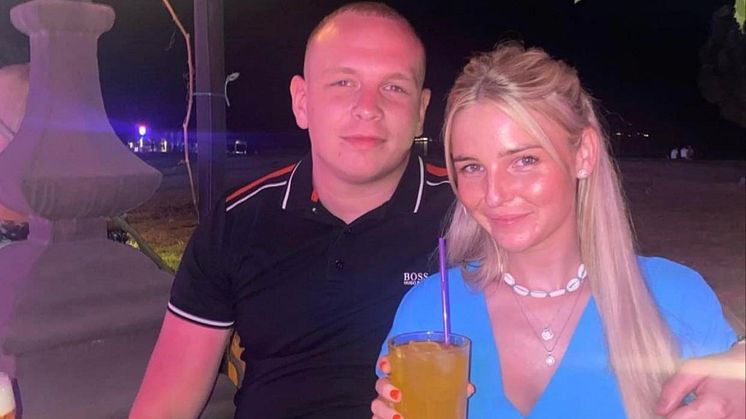
Press release -
A third of stroke survivors can sing better than speak soon after their stroke, according to new research to mark Stroke Awareness Month
The charity surveyed 1,000 stroke survivors to mark Stroke Awareness Month in May and found that a third of survivors (33%) lost the ability to speak after their stroke, while over a third (35%) could sing better than they could speak in the days, weeks and months following their stroke. In fact, a quarter of people (26%) could sing or hum before they could talk at all.
In the UK, 100,000 people have strokes each year and a third of stroke survivors have aphasia, a language and communication disability, which leaves people struggling to speak, read, write or understand language.
Practically, almost two thirds of stroke survivors (61%) said that music helped to improve their communication skills after their stroke, while over half (51%) said music helped their memory, and the same number (51%) said it improved their sense of hearing.
The charity also surveyed 2,000 members of the general public and found that the UK population is unaware of the significant communication issues stroke survivors can face, with more than a quarter (28%) unaware that communication difficulties are a common effect of stroke. Beyond communication issues, people with aphasia often report that their wellbeing is negatively affected, including struggling with reduced confidence and social isolation.
- Three in five stroke survivors surveyed (59%) experienced anxiety
- Over half of survivors (56%) experienced low mood
- Over half of survivors (52%) had reduced confidence
- Two in five (40%) said they felt socially isolated after their stroke
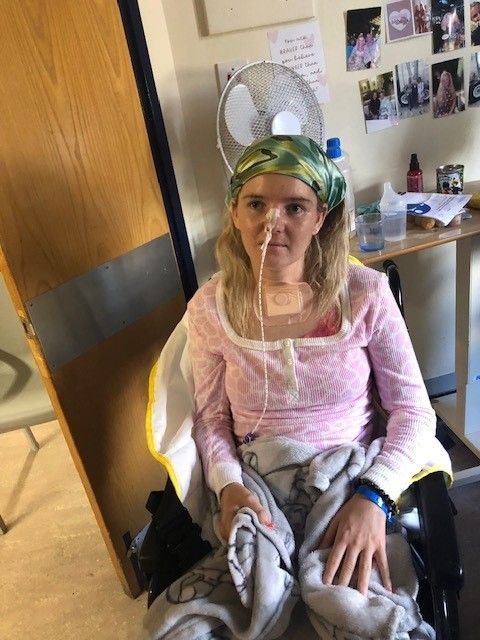
However, two weeks after being put in an induced coma, remarkably Summer started to move her little finger and was taken out of a coma, and then eventually began breathing on her own. Mum, Linda described it as a miracle and the doctors were amazed, but Summer would stay in two hospitals for nine months and had to learn to walk and read again. Summer said: “It was like being a baby again, I had to learn everything from scratch.”

In Stroke Association-funded research on group-based singing intervention for improving the health of people with aphasia, researchers found that group singing can help people with communication difficulties after stroke by creating a safe space and strong bonds between people.
Juliet Bouverie OBE, CEO of the Stroke Association, said: “There are now over 1.4 million stroke survivors in the UK, and this number is growing. The impact of a stroke can be completely life-altering. We believe everyone deserves to live the best life they can after stroke but to do this, we need your support.
“Now we need singers to show their support to stroke survivors and their families. If you’re part of a choir or singing group, you could dedicate a song to stroke survivors and donate some of the proceeds. Children at school could vote for a song to prepare and come together to sing at a special assembly for Stroke Awareness Month. You could even hold a ‘sponsored sing’ and sing 31 songs in a row – one for every day in May to highlight Stroke Awareness Month. By taking part in Sing4Stroke, you’ll help make a lasting difference to stroke survivors and their families.”
The Stroke Association is the only charity in the UK providing lifelong support for all stroke survivors and their families. The charity provides tailored support to tens of thousands of stroke survivors each year, funds vital stroke research, and campaigns to secure the best care and support for everyone affected by stroke.
Topics
Over 90,000 people survive a stroke every year in the UK, but surviving a stroke is just the start of a long and traumatic battle to finding their way back to life.
The Stroke Association is the only charity in the UK providing life-long support for all stroke survivors and their families. We provide tailored support to tens of thousands of stroke survivors each year, fund vital scientific research, and campaign to bring the best care and support for everyone affected by stroke.
Anyone affected by stroke can visit stroke.org.uk or call our dedicated Stroke Support Helpline on 0303 3033 100 for information, guidance or a chat when times are tough.
















